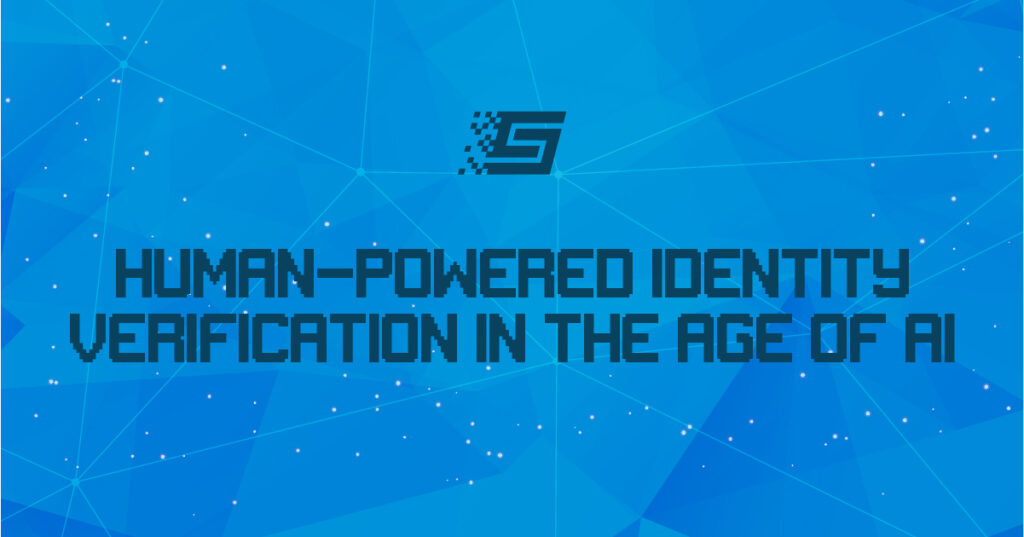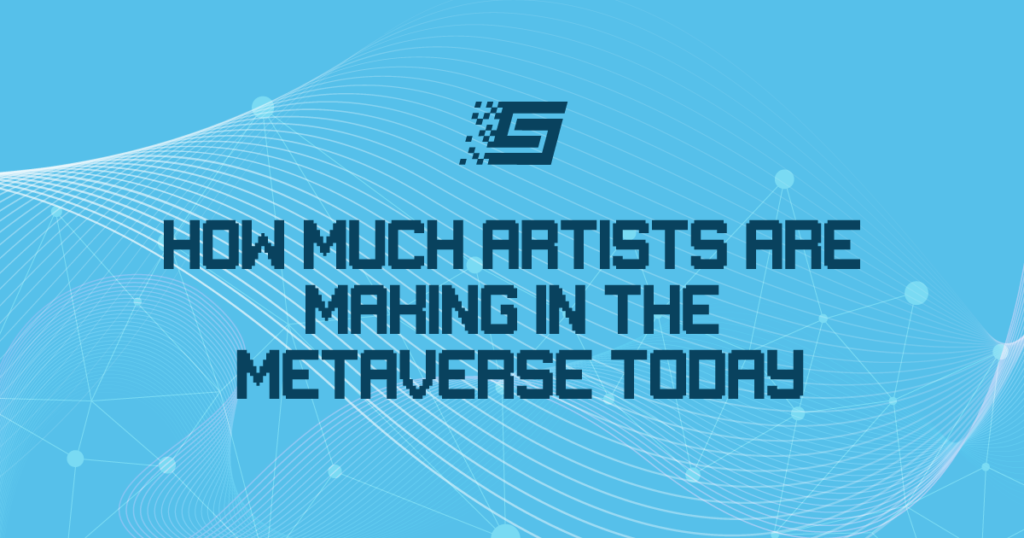
Human-Powered Identity Verification In The Age Of AI
Communities, even (and especially) digital ones, need people. But what is the best way to prove their humanity at scale? The secret is balancing the intrigue of high-tech with the people. You may find success by creating a native KYC (Know Your Customer) solution for your community.
Building A Crypto Community
Crypto ecosystems like Ethereum and Solana are communities made up of different actors—from developers and end-users to miners and validators. Creating a thriving and long-lasting community will require significant skills and resources. We have seen traditional social networks like Facebook and Twitter using AI-powered algorithms to grow their user base, but that can be problematic.
For years, Facebook has relied on AI-powered algorithms to recommend content to users based on their personal information, online preferences, and behavior. This worked well in the beginning but relying solely on AI algorithms resulted in a slew of unforeseen consequences. With a skewed view towards raw engagement being the highest good, these algorithms can leave open the prospect of antisocial actions from the creation of echo chambers to magnifying various human biases through discrimination.
The highly publicized $44 billion bid to buy Twitter by Tesla’s CEO Elon Musk was initially scuppered at the eleventh hour because of the alleged prevalence of fake accounts and spam bots on the platform, enabled by a lack of human verification. The sheer amount of spam brought the question of Twitter’s real value into account. With spam bots potentially exaggerating view counts for advertisers while frustrating users, it is clear that the AI at hand fell short. This incident highlighted the importance of verifying users and carefully monitoring and overseeing AI products.
While these spam bots and other factors have plagued and damaged various online communities, we can still see the impact that flawed and human communities have instigated. Reddit’s community of like-minded speculators on Wall Street Bets manage to make a global financial impact time after time, all built around real people.
Consider this issue as the Turing Test at scale: what is the best way for companies to verify that people are real?
Complying With Stricter Regulations
Verifying the identity of customers is a complex proposition that requires scalability and security around personal data. Compounding the problem for tech companies, like social networks and crypto applications, is the need to comply with increasingly stricter regulations—from the treatment of user data to the implementation of KYC.
KYC obliges financial institutions to make routine identity and background checks on clients before they can use their platforms. It is part of a broader set of measures that have been put in place to fight money laundering and other illicit activity. Once pertaining only to the banking sector, KYC is now increasingly a requirement of companies in the crypto sector from exchanges and brokers to digital wallet providers and other services. With the expansion of web3 and the continuous push towards rewarding digital users, the importance of KYC checks will only compound further.
Unfortunately, the cost of developing methods of KYC can be prohibitive for many crypto startups. Once multiple factors have been taken into account, from the price of compliance tools and their implementation to manual hours and staff hires, companies can spend hundreds of millions of dollars on the verification process. Even with the reduced and commonly advertised KYC rates of $1.49 – $2.05 per user, this solution is not scalable or cost-effective for amassing large user bases.
KYC can create friction when it comes to onboarding new users and makes for a new and onerous barrier to entry. In the UK alone, one-quarter of new applications are abandoned due to KYC friction.
Solutions For Scalable KYC
To solve the KYC dilemma, we believe human-centered design and scalable tech will allow the future of web3 to fairly and transparently compensate users for submitting their data while maintaining personal anonymity and legal compliance.
It is important to apply iterative methods to the different aspects of a project, from network-level strategies to testing small product features in mobile applications to developing token models and making a workflow process. That distinction can separate you from some set-in-stone models that rely on a whitepaper hypothesis before their people.
Applying Community-Sourced KYC Solutions To Your Project
Machine automation can be responsible for fake ID detection, liveness checks, image processing, text extraction, and image comparison. Human verification, meanwhile, can be processed by pre-approved individuals who will check the redacted data of other members’ KYC applications in order to prevent individuals from creating fake accounts.
Beyond preventing spam accounts and keeping out bad actors, developing a good KYC process will help companies to comply with legal regulations while frictionlessly growing their communities. In the age of AI, companies can build decentralized scalable solutions that combine machine automation with crowdsourced human verification for a responsive and efficient KYC process.


